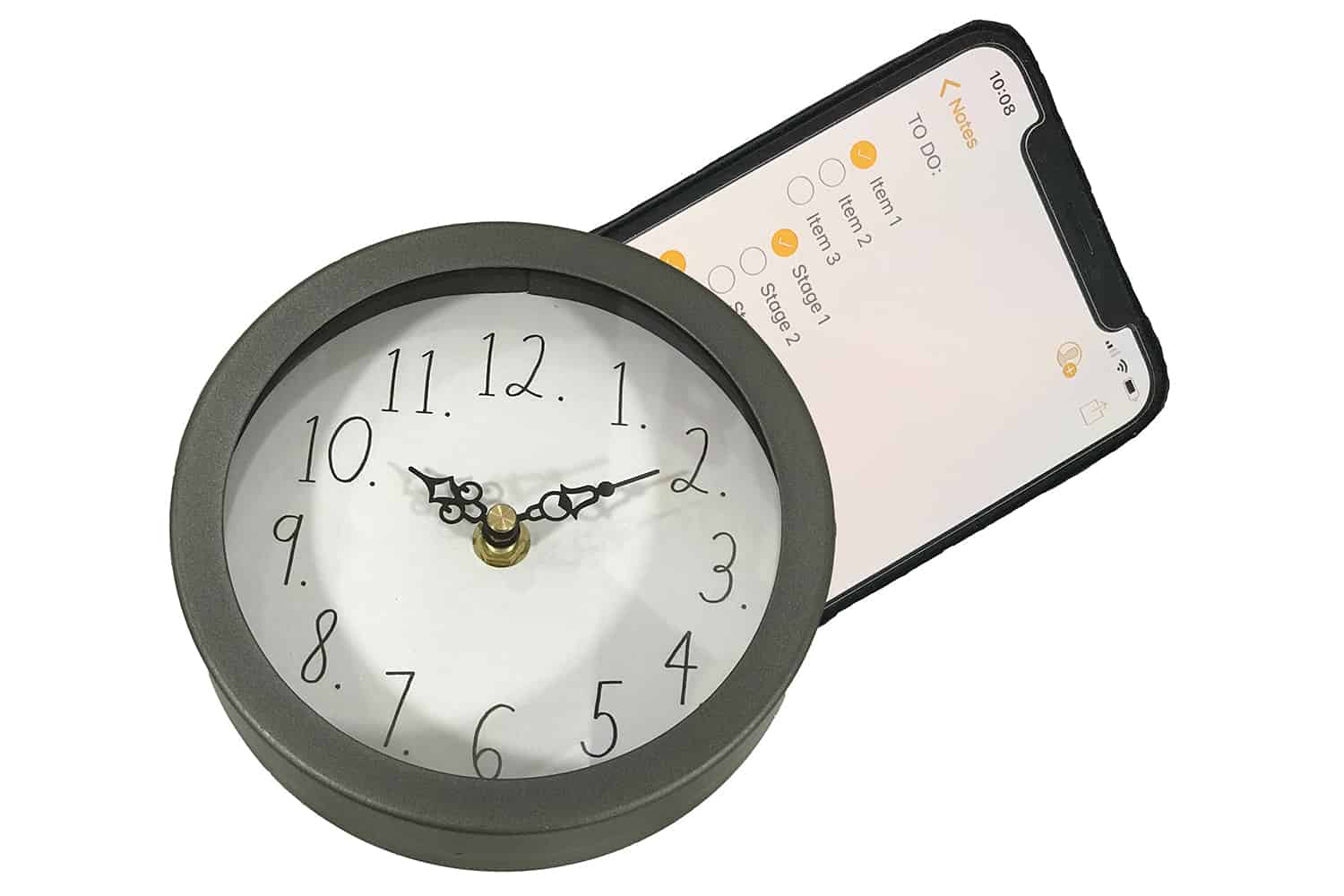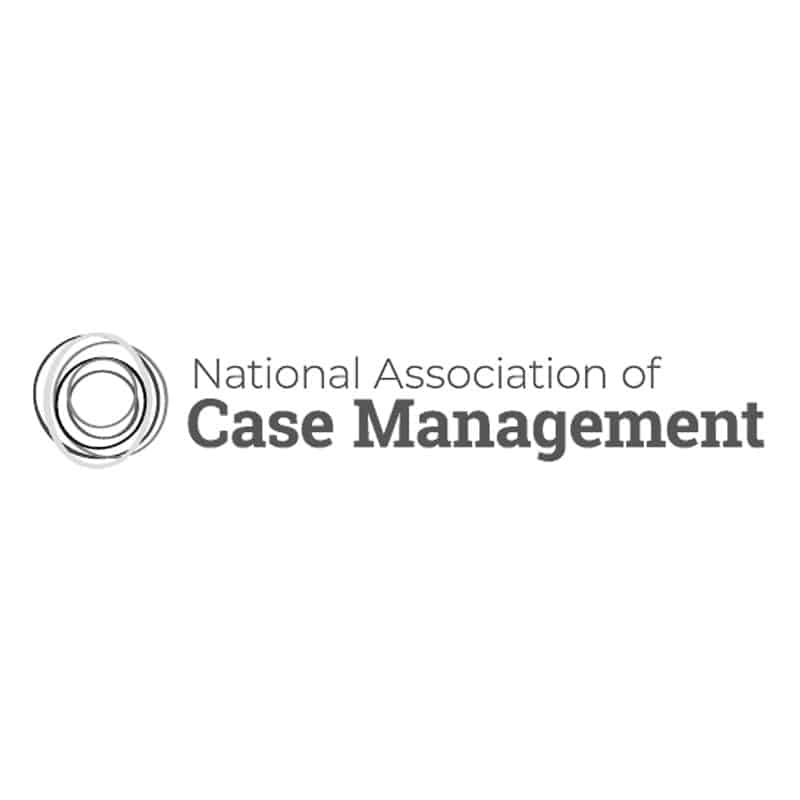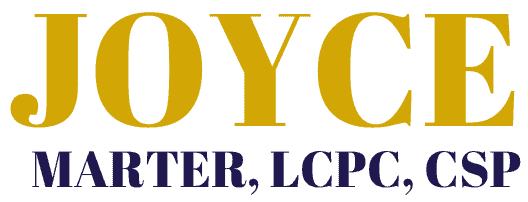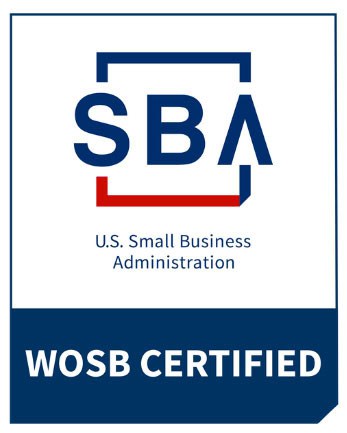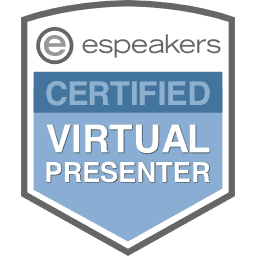Many of us are suffering from the disease of being busy. Through technology, we are plugged into a never-ending stream of news and work and subsequently, we have become disconnected from ourselves and one another. The result is a national rise in loneliness, mental illness and addiction, which is costly to each of us on a personal, community and national level. In order to promote good mental health, work/life balance and personal and professional productivity, we must develop effective time management.
After more than twenty years of practicing as a licensed psychotherapist and the founder of a business aimed to promote positive mental health and work/life balance, I recommend the following time management tips:
Clear the clutter.
In today’s busy world, our brains are on information overload which slows down our productivity. The more stuff you have, the more time it takes to manage it. Simplify your life by getting rid of everything you don’t need:
- Digital: Delete or unsubscribe from emails. Create folders for emails and files. Consider programs such as SaneMail.
- Office: Purge and shred what you can. Consider scanning items to create space. Organize files in folders. Go green on your bills/statements and set up automatic/electronic payments.
- Home: Follow Marie Kondo’s advice and get rid of everything you don’t need, haven’t used in a year or that doesn’t bring you joy. Sell items on Facebook Marketplace, consider consignment, freecycle or donation as a tax write-off.
- Mind: Clear your mind of negative thinking that wastes your time by starting a daily meditation practice using popular apps such as Headspace. Remember that acts of daily living (such as washing dishes, doing laundry, walking the dog, gardening, etc.) can become “active meditations” simply by tuning into your breath and your body, becoming mindful of your senses and doing them with your full attention and presence. These practices have a way of “rebooting” your mind/body/spirit and having your operating system function more effectively.
Start your day right.
Establish a morning routine that includes time to start your day on the right foot. Plan your outfit, a nutritious breakfast and set the coffee maker the night before. Take time for a morning meditation or short stretching or yoga practice.
Identify your values and goals.
Create a vision board or annual plan that includes your personal, relational/family and professional goals. Identify the major themes or values (for example, family, nature, fitness.) Then ask yourself, “Is how I spend my time meaningful and rewarding to me on a deeper level?” Make changes as needed so your time is aligned with your values. Break goals down into smaller objectives so your goals feel more manageable.
Keep separate personal and professional “To Do Lists.”
Consider apps such as your notes section or project management software such as Asana.
Delegate and access support.
Look at your To Do List and ask yourself, “Am I the best person to do this? Am I the only person who can do this? Do I enjoy doing this? Is this worth my time?” Consider how your roommate, partner, or kids might be able to pitch in more. Outsource tasks you don’t enjoy when possible. Identify where you need help and ask for it.
Prioritize tasks.
Divide tasks into 1) Must Do/Critical, Should Do/Important and Nice to Do/Non-Essential (eliminate any of these you can.) Identify time frame (i.e. daily, weekly, monthly, annually.) Plug work-time into your calendar and set up alerts and reminders.
Develop time awareness.
Track your time. Notice what you are doing and reflect on whether it is a good use of your time. Is it aligned with your greater personal and professional vision? Apply creative problem-solving. For example, my friend and I noticed that we could help each other with our fitness goals if we walked rather than having lunch when we were chatting and catching up.
Identify time wasters.
Complete a time wasters inventory to identify behaviors that cause you to drift away from the life you want. These might include disorganization, not saying no resulting being spread too thin, pointless social media, too much TV, surfing the web, excessive video games, gossiping, etc. Strive for balance.
Chunk related tasks.
Avoid multitasking which slows down productivity because time is wasted as your brain shifts gears from one activity to another. As best as possible, plan your day rather than being a victim to incoming requests. Consolidate similar tasks (i.e. email, social media, voicemails) and trips (errands, running to the printer, etc.)
Work on top priority tasks first.
Complete the vital few instead of the trivial many.
Avoid procrastination.
Sometimes perfectionism causes procrastination because we are putting too much pressure on ourselves to deliver something better than perfect. Remember, “Done is better than perfect.” Become aware if you are procrastinating because you secretly resent having to do the task or are angry at the person who asked you to complete it. Incentivize yourself for completing each step of a dreaded project. Be proactive and ask for help–get questions answered. Accessing support and talking through a project with somebody can help you clarify your plan and process, which can help it to feel more manageable, .
Set boundaries.
Unplug from technology by setting an auto-reply on email after work hours and on weekends. Take your vacation time and put on a vacation email response. Use assertive communication to say no and communicate your limits. Shut your office door, put your phone on do not disturb and close other tabs (such as email) to work on a project uninterrupted. Create work/life balance by identifying time for work and time for leisure, family and friends and hold those boundaries or you will see your life become eaten away by work.
End the workday on time.
Use the last ten minutes to clear and organize your desk. Update your To Do List so you know what work you will begin when you start your day tomorrow. Reflect on all you have accomplished and give yourself credit for all you have done so well.
Schedule self-care.
Self-care isn’t selfish, it is essential. Just like how we have to secure our own oxygen masks before assisting others during an emergency on an airplane, we need to recharge our batteries so we can function effectively and be of service to others, including our work and our families. Enter your self-care (such as workouts, date nights and alone time) into your calendar. Be your own good parent and plan healthy nutrition for yourself. Practice your hobbies and create time to manifest your dreams. Sprinkle self-care throughout the day by making yourself an herbal tea, listening to good music while you work, using an aromatherapy diffuser, wearing clothes that make you feel great, etc. Also, remember that connecting with loved ones and positive people who lift you up is part of self-care.
Prioritize sleep.
Go to bed early enough so that you get your needed rest. You must recharge your battery so you can function effectively tomorrow. Before going to sleep, unplug from technology for at least thirty minutes. Consider writing in a gratitude journal or doing some deep breathing exercises, progressive muscle relaxation, or a yoga nidra practice to promote good sleep. If you suffer from insomnia, talk with your doctor or a mental health professional so this can be addressed and resolved.
Effective time management takes motivation, effort and practice. It takes some time to manage time effectively. Just keep working on it so your life starts to trend toward improved self-care and higher efficiency, effectiveness and productivity. Consider enlisting support from others, such as your partner, BFF, a counselor, coach or mentor. Print out this blog and hang it by your desk. Practice self-compassion and cut yourself some slack if you falter, but keep working at developing these practices as they will lead you to the life you want!
For more information, or to schedule a corporate training or webinar on time management, work/life balance, mindfulness or other topics to help your team and organization flourish, please contact joyce@joyce-marter.com.
“Yesterday is gone. Tomorrow has not yet come. We have only today. Let us begin.” ― Mother Theresa
